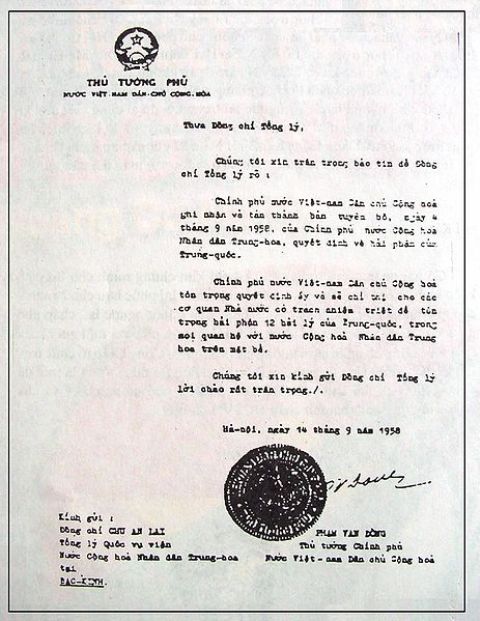Thanks for the long and winding summary. I can only conclude 2 things about you: either you are a Tiong yourself, or a converted Sinkie from Tiong origin.you are totally blind by your deep hatred of china and chinese.
the world is in its present situation is solely due to actions by the evil US Ass.
these are what the US give you :
the financial system - fiat US$ , Fed Reserve , fractional reserve banking system , ever increasing foreign and domestic debts
how come the garberbment of a so called powerful nation allows a private entity to control its money system ?
this is ok if US$ is not the world reserve currency. unfortunately it is.
oil and wars in middle east countries - who is the main actor involved ?
you think US is a benevolent country helping japan to recover after WW2 , giving aids to african countries in order
to improve the life the countries ?
japan is the largest (besides china) US debt holder. japan is willing to keep on acquiring US debt without any grumble.
not the case with china , and this worry the US.
after various helps from IMF , World Bank and what not , do you see improvement in life, even a little bit , of the africians ?
the sole purpose of the aids is for US to exploit the natural reserves.
US is just an evil empire ,doing everything and anything just to stay in power and control other countries.
Apart from Russia, tell me which MAJOR POWER today accepts what China is doing in the South China Sea? Just name me any MAJOR POWER who agrees.

